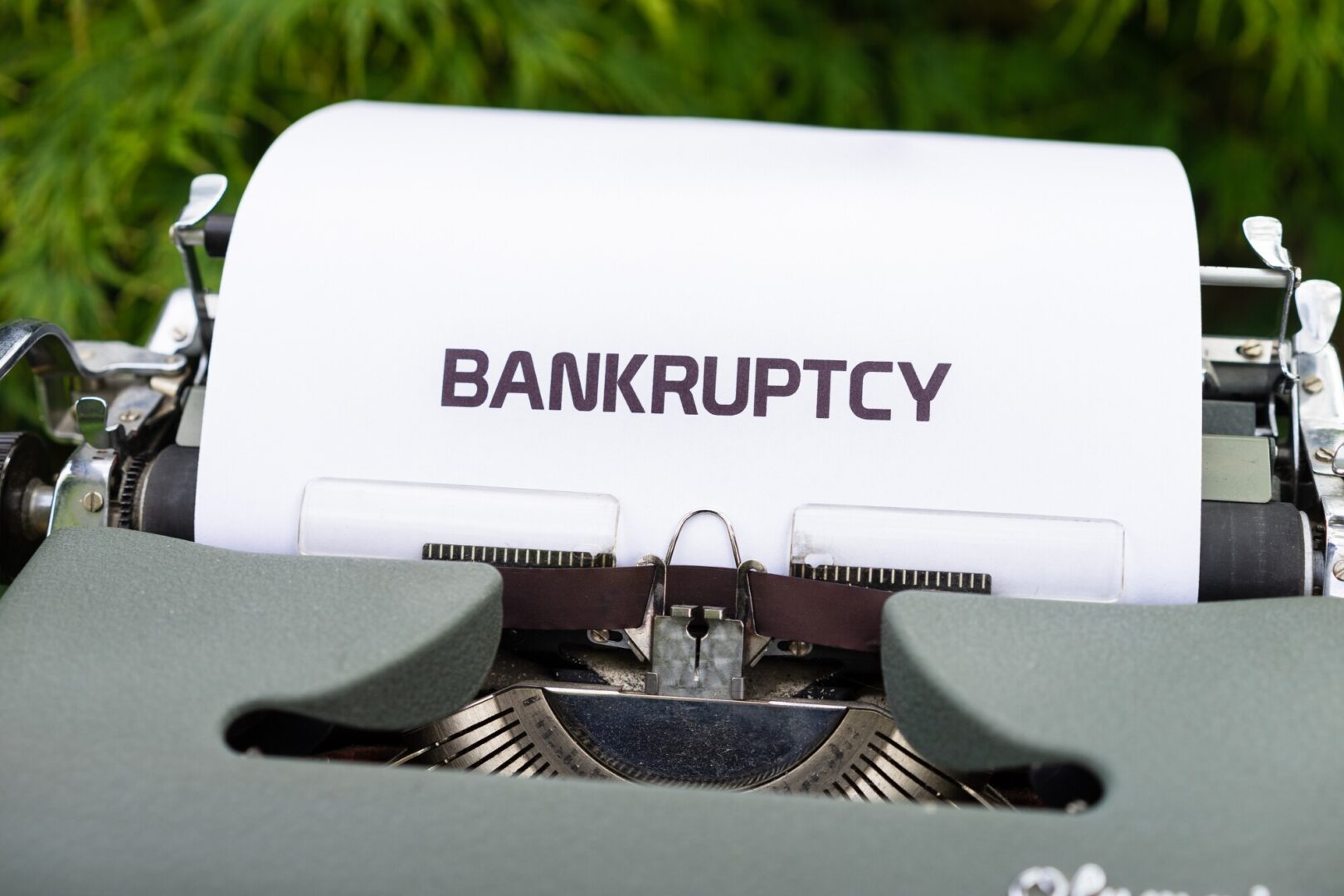To go through the bankruptcy process, you need the correct paperwork. Learn about the bankruptcy documents to show your attorney here.
While bankruptcy filings have dropped 6.3%, it still remains a problem for many households. The bankruptcy process may be difficult to navigate if you’ve never done it before.
First and foremost, you’ll want to have all the proper bankruptcy documents in order. These will be crucial in assessing your financial situation. It’ll facilitate the legal process.
Not sure where to begin? Read our guide below.
Proof of Identification and Residency
Some of the first bankruptcy documents you’ll want to gather are proof of identification and residency. Acceptable documents for proof of identification include a valid passport, driver’s license, or government-issued identification card. Proof of residency, utility bills, lease agreements, or official letters addressed to you will do.
Income and Expense Documentation
You’ll need to show that you’ll be able to repay debts and establish eligibility for bankruptcy. Income documentation included pay stubs, wage statements, and tax returns for the past few years.
What about if you’re self-employed or own a business? You must include profit and loss statements, bank statements, and business tax returns.
List of Assets and Liabilities
You’ll also be required to disclose all your assets and liabilities in your bankruptcy documents. Create an inventory of everything you own (assets) and owe (liabilities).
Your assets may include:
- Real estate
- Vehicles
- Bank accounts
- Investments
- Personal property
- Any other valuable possessions
The more you can include, the easier the bankruptcy process will be.
Your liabilities consist of the following:
- Debts
- Loans
- Mortgages
- Credit card balances
- Medical bills
- Any other outstanding obligations
Creditor Information
The bankruptcy process also requires you to include a detailed list of your creditors. This will include names, addresses, account numbers, and outstanding balances.
This information is helpful to the bankruptcy court and trustee since they’ll be able to handle your case more effectively. It ensures that all relevant parties are notified and debts are properly addressed.
Bank Statements and Financial Accounts
Be sure to include your bank statements and financial accounts in your bankruptcy paperwork as well. This will include information about your checking, savings, investment, retirement funds, and any other financial holdings.
Tax Returns and Proof of Tax Compliance
Bankruptcy often requires providing tax returns for the previous years. The court will review your tax filing history to ensure you are up to date with your tax obligations. Failure to file tax returns or pay outstanding taxes may affect your bankruptcy case.
Therefore, it is essential to gather and submit all relevant tax documents and demonstrate compliance with tax laws.
Loan and Debt Documents
To provide a complete picture of your financial situation, gather all loan and debt documents. This includes mortgages, car loans, personal loans, student loans, credit card statements, medical bills, and any other debts. These documents should include the loan terms, interest rates, outstanding balances, and any relevant payment history.
Bankruptcy Petition and Schedules
When you file for bankruptcy, you must complete a bankruptcy petition and various schedules. The schedules require comprehensive data on your income, assets, liabilities, expenses, and other relevant financial details.
Accuracy and transparency are crucial. Any omissions or misrepresentations can negatively impact your case.
Means Test Documentation
Some individuals will file for Chapter 7 bankruptcy. The means test determines if they qualify based on their income and expenses.
Supporting documents for Chapter 7 bankruptcy include:
- Pay stubs
- Tax returns
- Household expenses
Business Documents
If you are filing for bankruptcy as a business entity, you will need to provide specific business-related documents. This may include the following:
- Business licenses
- Articles of incorporation
- Partnership agreements
- Contracts
- Financial statements
- Balance sheets
- Profit and loss statements
Real Estate Documentation
Real estate documentation will include deeds, mortgage documents, property appraisals, rental agreements, and any other pertinent records. The court will review this information to assess the value of your real estate assets and determine their status in the bankruptcy proceedings.
Divorce and Family Court Documents
If you’ve been through a divorce you will need a certain set of bankruptcy documents. This includes divorce decrees, child support or alimony orders, property settlement agreements, etc.
Retirement Account Information
Documentation related to your retirement accounts, such as 401(k), IRAs, pensions, or annuities, should be included in your bankruptcy documents. This information is necessary for the court to determine if these accounts are exempt from the bankruptcy estate or if they need to be included for debt repayment purposes.
Insurance Policies
Compile any documentation related to any insurance policies you hold. This includes the following:
- Health insurance
- Life insurance
- Homeowner’s insurance
- Automobile insurance
These documents show your coverage, liabilities, and potential exemptions.
Utility and Service Bills
Be sure to include copies of recent utility bills like electricity, gas, and telecommunications services. This will provide evidence of your ongoing monthly expenses. It can also be relevant for budgets and determining your disposable income.
Court Documents and Lawsuits
What if you’re involved in any ongoing legal proceedings, lawsuits, or judgments? Gather the following:
- Court documents
- Correspondence
- Settlements
- Any other relevant records
Financial Counseling Certificates
Completion of a credit counseling course is sometimes required. After filing, you may be required to attend debtor education courses.
Have Your Bankruptcy Documents in Order
This expanded list of bankruptcy documents covers additional aspects that may be relevant to your specific situation. Bankruptcy proceedings can be complex.
The good news is that you’re not alone in the process. Contact Johnson/Turner Legal to handle your case right away. Your family deserves the best, and we’re to deliver that.
















